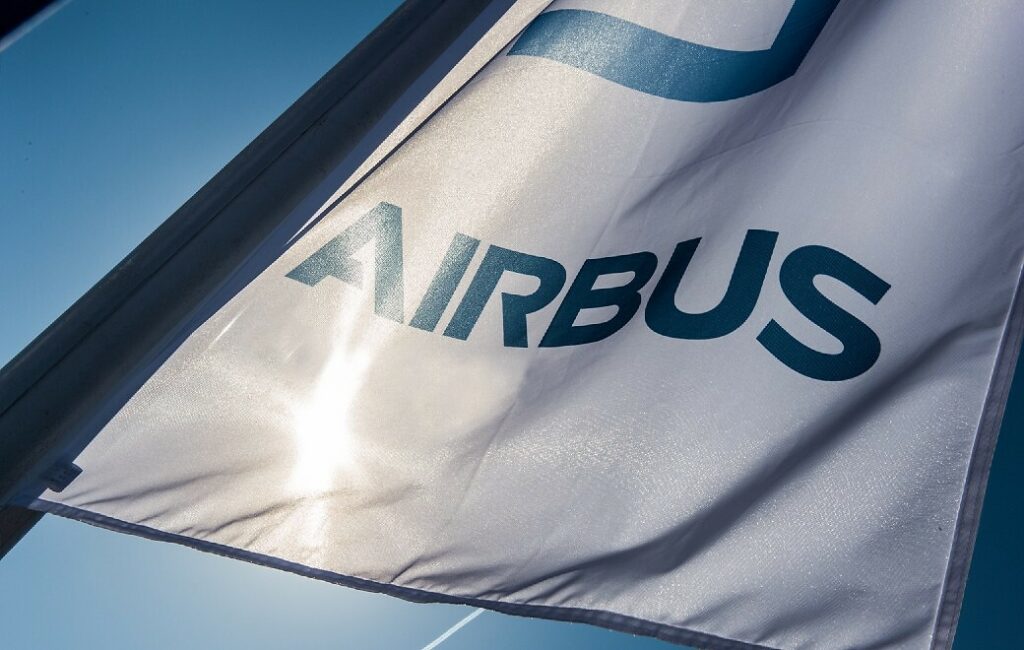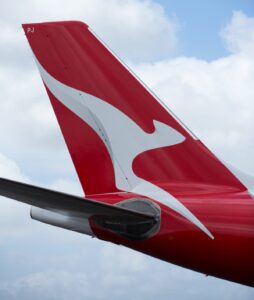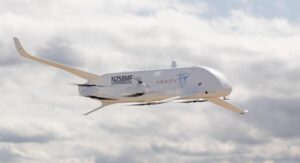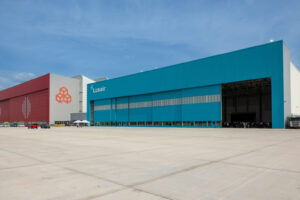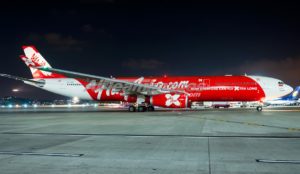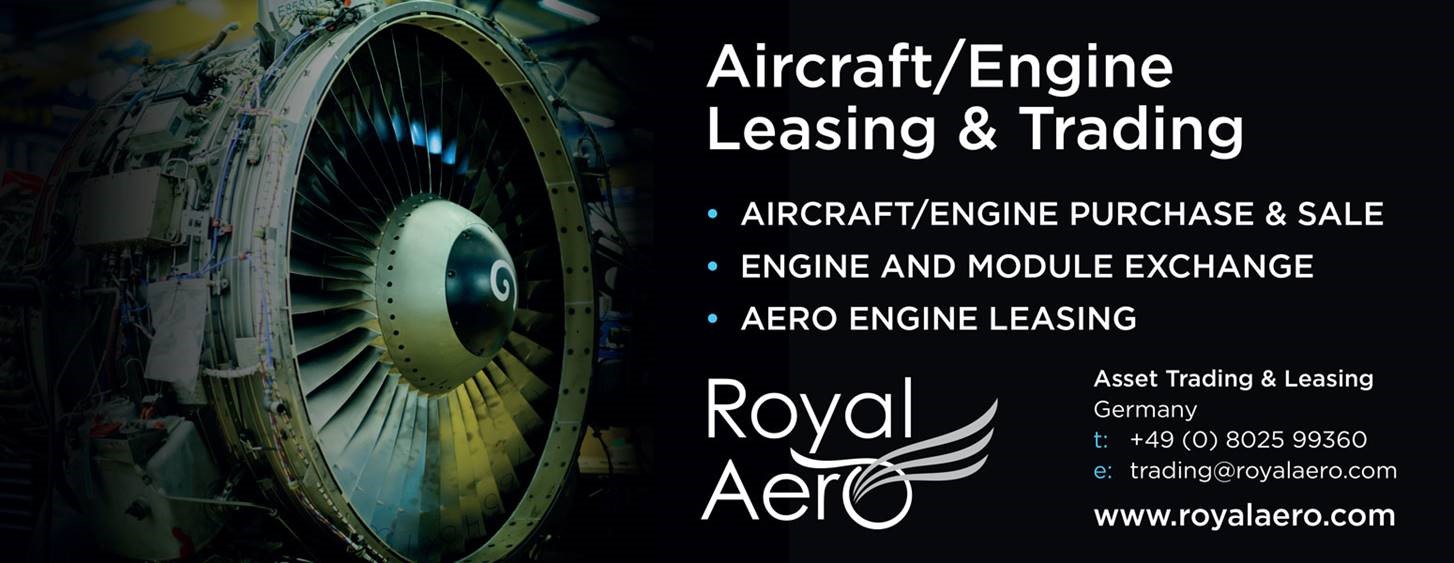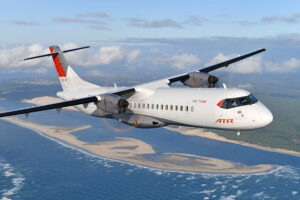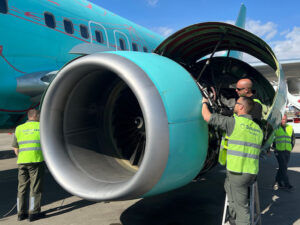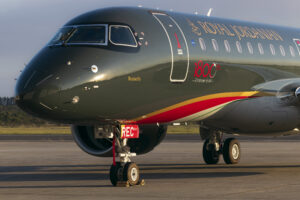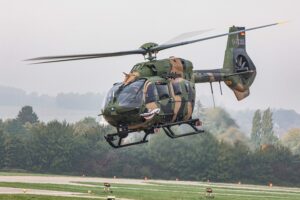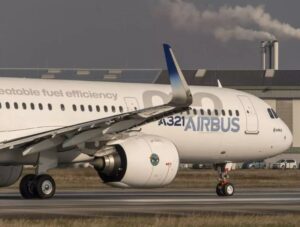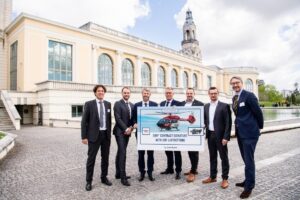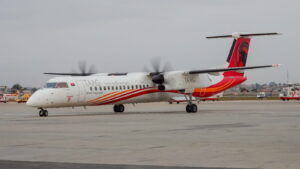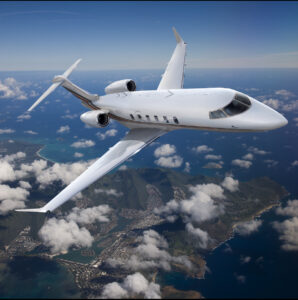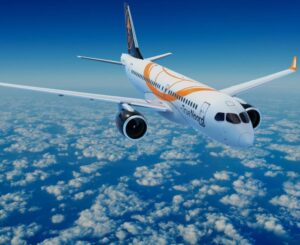According to government and industry sources, European planemaker Airbus is currently in negotiation with China concerning a new round of plane orders. This will coincide with the visit of French Prime Minister Emmanuel Macron later this week.
The worsening political relations between China and the U.S. has seen what was usually a balanced import of plane numbers from Boeing and Airbus tilt more in favour of the French company in more recent years. “Negotiations are under way,” an official in Macron’s office said, adding that any agreements by French firms would not merely consist of repackaging earlier announcements.
Macron will be visiting China between April 5 and 7 and several industry leaders will be accompanying him, including Guillaume Faury, Airbus CEO. Diplomats say high-level visits by European or the U.S. leaders frequently generate aircraft purchase deals that serve as an indicator of the state of diplomatic ties, although announcements also tend to be closely looked at for their additional economic impact.
In July last year, China’s “Big Three” state airlines pledged to buy a total of 292 Airbus jets in the biggest order by Chinese carriers since the start of the COVID-19 pandemic. According to Reuters news agency, in November last year, China’s state buying agency said it had signed a deal for 140 Airbus jets during a visit by Germany Chancellor Olaf Scholz, though Airbus said the announcement covered deals already on its books, including part of the July deal.
Talks could also touch on Airbus’ industrial presence in China, where since 2008 it has had an assembly line for single-aisle jets. Airbus is adding capacity worldwide to help support a planned 50% increase in output of the jets by 2026. In 2018, Airbus agreed to raise assembly capacity in the port city of Tianjin, near Beijing, to six A320neo-family jets a month from four. But it has long had ambitions to raise this to eight a month, a person familiar with the plans said. Airbus’ Tianjin production is tied to airline orders through volumes agreed periodically via a consortium with the local free trade zone and national aerospace group AVIC.

